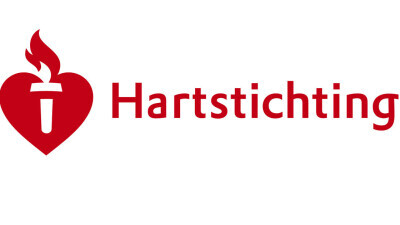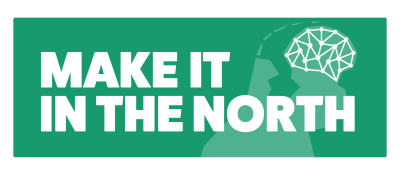Unicef NL
The Netherlands office for UNICEF is continuously trying to raise awareness and support (be it financial or otherwise) for our work to relieve the plight of children worldwide. And although it may not seem apparent at first, there is an ever increasing amount of data and data knowledge involved in successfully getting across heartfelt messages to our audiences. Charities, in general, are striving towards long-term relationships with their donors. In order to achieve this, it is important to be able to predict the effects of an organisations’ fundraising investments on an individual as well as on an aggregate level. This involves taking into account previous donor behavior as well as the effects of the current campaign on future donor behavior. This can get quite complex. In short, being able to assess When to ask What to Whom is a cornerstone of the art of raising funds. And this is where econometrics comes in. Predictive modelling, albeit only recently, has found its place in the charity / fundraising sector and is gaining ground at a steady pace. From a practitioners point of view, we can safely tell it is very satisfying to put that expertise to -very- good use.

Hartstichting
Founded in 1964, the Dutch Heart Foundation has raised millions of euros to fund essential research. With these funds, ground breaking breakthroughs have been realised, saving many lives throughout The Netherlands. At this present day, our mission to defeat cardiovascular disease, might be more relevant than ever. If we don’t act now, the current number of people suffering from cardiovascular disease will grow from 1.4 million to 1.9 million by 2030. Our goal is to reduce this increase by 50%. Our ambition is:
- A non-smoking and healthy generation
- No one will be caught by surprise with a cardiovascular disease
- No one will be treated too late
- Everyone will get the most effective treatment
As a NGO, The Dutch Heart Foundation depends on volunteers and donors, both structural and incidental, to raise millions of euros to realize our strategy.
Econometrics/Data analysis is used in several manners within the Heart Foundation and in co-operation with external parties, such as consultancy and research agencies and Universities.
- We used Cluster Analysis to make a segmentation of our database of donors. Communication with our donors is based on this segmentation
- Scoring models such as Binary Logit Models and Decision Trees are used to realize better selections for our fundraising campaigns and to make them more successful.
Also Machine Learning (XGboost) is used, e.g. to predict future churn of structural donors so churn-prevention-campaigns can be organized
- Structural Equation Modelling is used to study the causal relationship between latent variables (constructs such as image, rational end emotional relevance, connectedness) and dependent variables (willingness to donate money or time).
- At this time an econometrics student is writing a graduation thesis on applying Reinforcement Learning to our sequential campaign approach of our donors.
- Furthermore we use basic statistical significant tests (Chi-square, t-test, Anova) to evaluate test-results of our campaigns
In this manner Econometrics/Data analysis is used to contribute to the conditions for our strategy:
- Based on data
- Contemporary approach
- Tailored to target audiences
- Focus on cooperation
- Clarity on priorities

Make It In The North
Make It in The North is a non-profit job platform, fully in English, with everything you need to know about building your career in the Northern Netherlands (Groningen, Friesland, and Drenthe)!
On their website, you will be able to:
- Find international-friendly jobs that do not require Dutch fluency
- Get practical tips on settling and working in the Northern Netherlands
- Join career and networking events and workshops. We have free 1-on-1 online CV Critique and Career Coaching every other week!)
Make It in the North was realized by a group of project partners in the Northern Netherlands who wish to connect internationals and internationally-minded Dutch with local companies.
They also have cool matching tools coming up. So be sure to check out their website soon!
Another thing that is good to know:
Make It in The North aims to bridge the gap between local companies and internationals. So we don’t only help students and recent graduates, but we also help people who’d like to make a career change, refugees, permitholders, etc.
